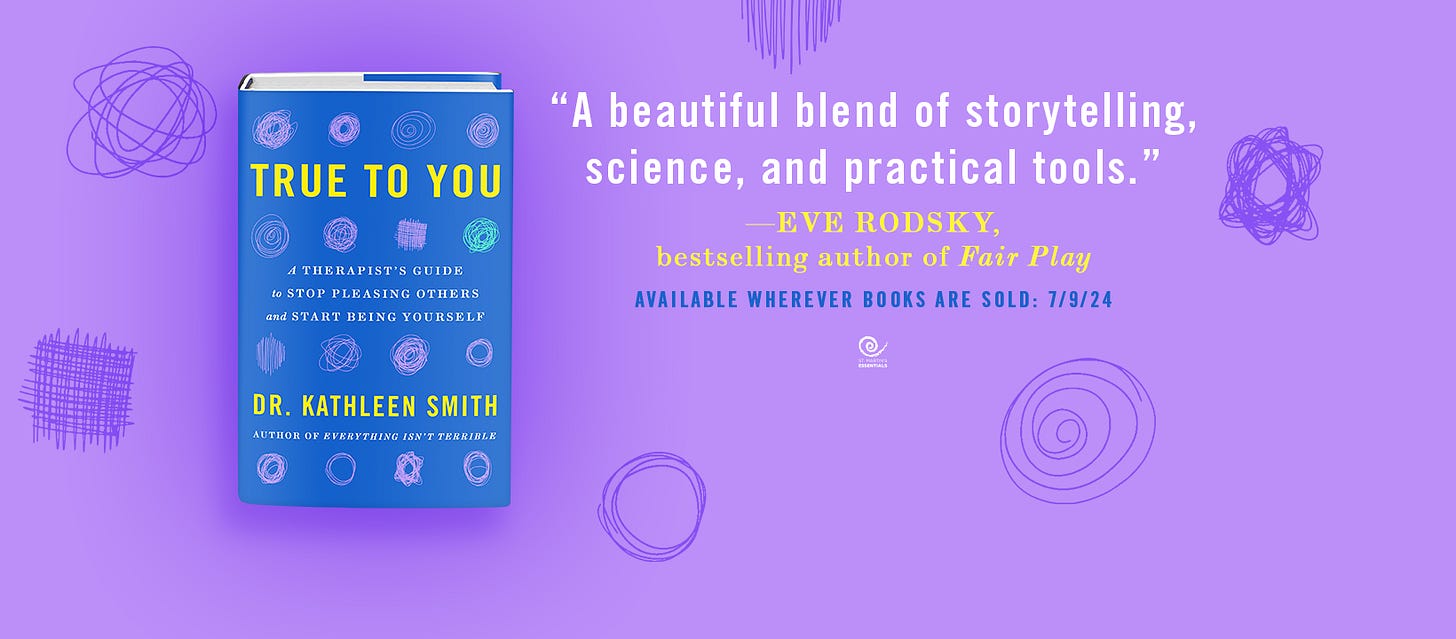Humans love to manage distress through conversation. We’re built to manage tension in relationships, to ask, “Are we okay?” To demand an apology, or offer one, to calm things down as quickly as possible.
Sometimes, however, people get stuck in this focus on hurt feelings. They want to rehash interactions in conversations, with the hopes that the other person will change or reassure them that all is good.
But after a stressful interaction, what if you asked yourself, “How did I function?” instead of just, “How do I feel?”
I often talk to people about “catching the next bus” in their relationships. Because most of the time, situations will repeat themselves. And when you enter into them with more clarity about how you want to function, you might get somewhere. You may learn that other people don’t have to grow up for you to feel calmer.
Let me give you some examples.
Situation: Your mother treated you like a parent when you were a kid.
Feelings: You try to drag her to therapy and get her to apologize for how she treated you.
Functioning: You think about how you want to respond now when she tries to over-involve you with her distress.
Situation: You worry that your friend is mad at you.
Feelings: You’re always initiating “Are we okay?” conversations. Which seem to add to the tension.
Functioning: You evaluate your behavior with her and consider if there’s anything you want to do differently in the future, or if you stand by how you conducted yourself.
Situation: You think your spouse spoke a little too harshly when you tried to give them advice.
Feelings: You try to get them to admit they were wrong and promise to do better.
Functioning: You think about how you want to manage yourself and respond when your spouse gets worked up in the future.
Look, Brenda. I am NOT saying that people should never have conversations about hurt feelings. Or that the past interactions shouldn’t be discussed. Or that people should tolerate the bad behavior of others.
But there are other buttons on the control panel worth considering. Not all tension has to be managed through conversation.
The level of distress you feel (or don’t feel) isn’t the most useful measure of a successful interaction. Often when we are clear with others, or setting boundaries, this will cause a great deal of distress in us. This is not a sign that something is wrong. Simply that something is different.
So the next time you want to “talk about feelings” with someone, here’s a question for you? Is it important to give someone this thinking, or is it just a convenient way to manage the anxiety of the moment?
More questions:
When have you rehashed something, and in hindsight, it might have been more useful to “catch the next bus?”
When have you been trying to fix others’ immaturity, rather than thinking about how you want to respond to it?
Are there different ways to manage tension than trying to wrangle an apology from someone?
How can you use tense interactions to add to your growing list of wisdom about who you want to be in the world?
Similar posts:
News from Kathleen
Catch me on the latest episode of the Elevator Systems podcast, where we’re talking about relationships with our parents (and how we use them to work on ourselves).
Reading: Was absolutely WRECKED by The Ferryman by Justin Cronin.
Buy my new book, True to You! (If you didn’t get the preorder bonus workbook, just reply to this email letting me know where you bought the book, and I’m happy to email you one.) If you bought my book on Amazon, could you please leave a review? I’m in need of some more so other folks can find it. Thanks!
Want to read more of my writing? Read my other book, Everything Isn’t Terrible, or my newsletter archives. Paid subscribers can access the entire archive.
Email me if you want me to speak to your group or are interested in doing coaching with me. Follow me on Linkedin, Facebook, or Instagram.
Want to learn more about Bowen theory? Visit the Bowen Center’s website to learn more about their conferences and training programs.





